The API url is =, i'm trying to implement: https://docs.ingresso.co.uk/#basic-booking-flow
My Code for in OctoberCMS with GuzzleHttp\Client object.
$credentials = base64_encode('demo:demopass');
$client = new Client();
$request_url = 'https://demo.ticketswitch.com/f13/events.v1/';
$response = $client->request('GET', $request_url, [
'headers' => ['Accept' => 'application/json','Authorization' => 'Basic ' . $credentials,],
'auth' => ['demo', 'demopass'],
'timeout' => 120
])->getBody()->getContents();
echo "<pre>";
print_r($response);
die();
The error got by sending the request is

i'm reading all suggested question while i'm adding my title for question and there is no clue or help regarding the problem... Help.....
Note: Api credentials can use by any user or developer,